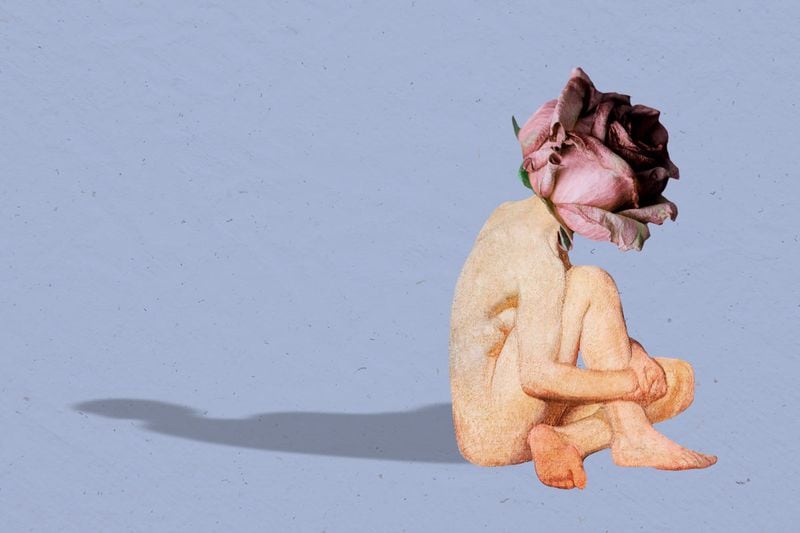The psychotherapist raises in this column for Paula, who in her clinical experience has seen how deeply ingrained the demands not to make mistakes are, especially in women. “If they are wrong, emotions such as guilt and shame show up very frequently in their different roles: partner, mother, daughter, sister, friend,” she says.
Humberto Maturana has said it time and time again: the UN has never included three universal human rights which it considered fundamental, such as the right to change one’s mind, the right to leave without anyone being offended and the right to be mistaken. It was in August 2003, in an interview for the newspaper El Mercurio, he declared: “If you don’t have the right to be wrong and you are wrong, since you don’t have that right and they punish you for it, the next time you make a mistake, you lie, he won’t recognize the mistake. To recognize an error and correct it, one must have the right to be wrong, which opens the space for seeing and correcting errors.
The right to be wrong, something that seems so simple, but at the same time, impossible to enforce in a culture that demands consistency and “proof of whiteness” in your every action. In a culture that considers being wrong to be a rather involuntary act, unlike lying.
With the omnipresent eye of Orwell’s “big brother”, we have never ceased to demand more of others and of ourselves every day, in order not to fail. Maybe because we are watched all the time, because whether we like it or not there is always a camera ready to record or an open social network to publish everything we think about others.
Our errors are no longer private, they are public and eternally available on the Internet. A photo, a video, an unfortunate comment can lead you to hell from which many people never manage to get out.

As a psychotherapist, I have seen that these demands not to make mistakes are deeply rooted, especially among women. If they are wrong, emotions such as guilt and shame appear very frequently in their different roles: partner, mother, daughter, sister, friend. We do not allow ourselves to inhabit this space, it is as if we cannot repeat in transit in life, as if the experiences are not essential to do things differently next time.
In order not to be mistaken, we try to control. Thinking that if I do A, B will happen. Unfortunately, human experience is not linear. There are so many variables that we cannot control, that the possibility of making mistakes is also very high.
I am convinced that experiencing error from a different place, more loving from early childhood, where it appears as a learning opportunity, can undoubtedly help us to dare to show ourselves as we are, to show our vulnerability for move forward in a less punitive and more collaborative society.
So stop pointing the finger at others and myself for being wrong, it could be a first kick to broaden my gaze and have alternative visions of the different experiences we will have on the path of life.
* Dominique is a psychotherapist -systemic, focused on stories- and holds a master’s degree in intoepistemology of clinical practice. She works as a university professor and supervisor of intern students. Serves adults, couples and families. Instagram: @psicologianarrativa.
Read also in Paula:
Source: Latercera
I am David Jack and I have been working in the news industry for over 10 years. As an experienced journalist, I specialize in covering sports news with a focus on golf. My articles have been published by some of the most respected publications in the world including The New York Times and Sports Illustrated.


